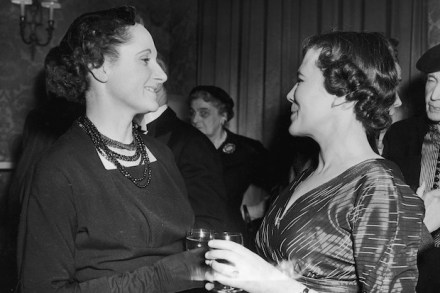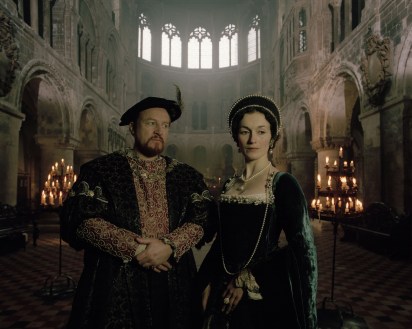Like Isis, Thomas More believed passionately in burning people alive
Next week, in the final episode of the BBC’s Wolf Hall, we’ll see Anne Boleyn face death by beheading. But if you watched last night’s episode, you’ll know – accurately – that in her final months, she grew to fear something far worse, death by burning. It was a real option, offered to Henry VIII’s discretion after her conviction for adultery. And she wasn’t the only queen threatened with this fate; in 1546, traditionalist Stephen Gardiner (played in Wolf Hall with pantomime villainy by Mark Gatiss), attempted to persuade Henry to order the arrest of his ultra-Protestant sixth wife, Katherine Parr, on heresy charges that would have carried the same penalty. I saw




















